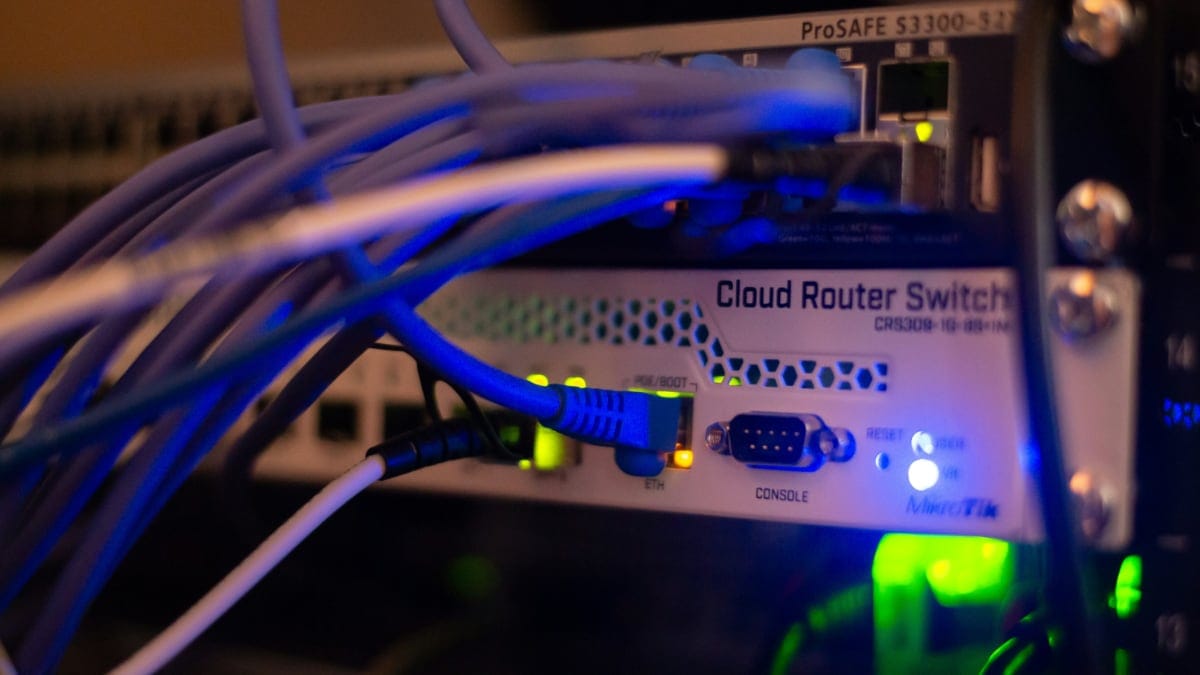Understanding the Difference Between Localhost and 127.0.0.1

In networking and web development, the terms localhost and 127.0.0.1 are often used interchangeably. However, understanding their nuances is essential for effective network configuration and troubleshooting. This article delves into the distinctions between localhost and 127.0.0.1, highlighting their roles in computing environments.
For a more detailed exploration, you can refer to the original article on phoenixNAP's blog.
What Is Localhost?
Localhost is a hostname that refers to the current device used to access it. In other words, it means this computer. When you type localhost in your web browser, it directs you to the web server that is running on your own machine. This is particularly useful for testing web applications locally before deploying them to a live server.
What Is 127.0.0.1?
127.0.0.1 is the loopback IP address in IPv4. It is used to establish an IP connection to the same machine or computer being used by the end-user. Essentially, it routes the information back to the local device, enabling testing and network diagnostics without the need for external network connections.
Key Differences Between Localhost and 127.0.0.1
While both localhost and 127.0.0.1 point to the local machine, they operate at different layers:
- Hostname vs. IP Address: Localhost is a hostname that translates to an IP address via the hosts file or DNS resolution. 127.0.0.1 is the IP address itself.
- IPv4 and IPv6 Compatibility: Localhost can resolve to both IPv4 and IPv6 addresses (such as
::1), whereas 127.0.0.1 is strictly an IPv4 address.

The Role of the Hosts File
The mapping between localhost and its IP addresses is defined in the system's hosts file. This file contains entries that assign hostnames to IP addresses, allowing the system to resolve domain names without querying external DNS servers. Modifying the hosts file can redirect network traffic for development or blocking purposes.
Practical Implications for Developers and Administrators
Understanding the difference between localhost and 127.0.0.1 is crucial for:
- Server Configuration: Setting up servers to listen on the correct addresses ensures accessibility and security.
- Network Troubleshooting: Identifying issues related to network interfaces and routing requires knowledge of loopback addresses.
- Application Development: Testing applications locally using the appropriate address prevents conflicts and unexpected behavior when deploying to production.
IPv4 vs. IPv6 Considerations
With the increasing adoption of IPv6, localhost may resolve to ::1, the IPv6 loopback address. Developers need to ensure that their applications and servers are configured to handle both IPv4 and IPv6 connections to maintain compatibility across different network environments.
Sumary
- Localhost is a hostname that refers to the local machine.
- 127.0.0.1 is the IPv4 loopback IP address pointing to the local machine.
- Localhost can resolve to both IPv4 and IPv6 addresses.
- The hosts file maps localhost to its IP addresses.
- Proper understanding aids in server setup, application development, and troubleshooting.
Grasping the nuances between localhost and 127.0.0.1 enhances your ability to configure networks effectively and troubleshoot issues efficiently. Whether you're a developer testing applications or a network administrator managing servers, this knowledge is a vital part of your technical toolkit.
